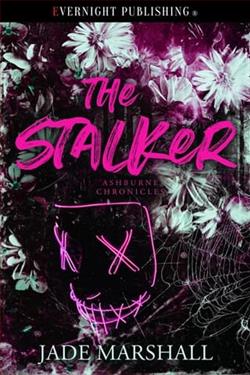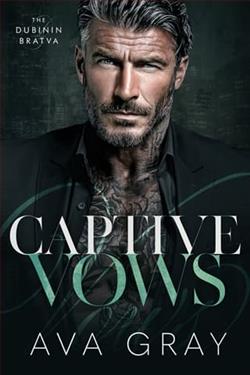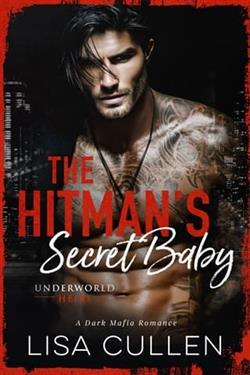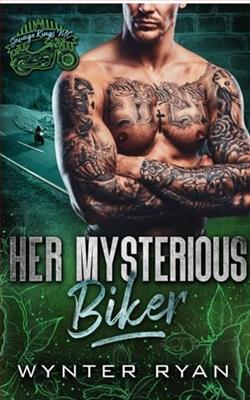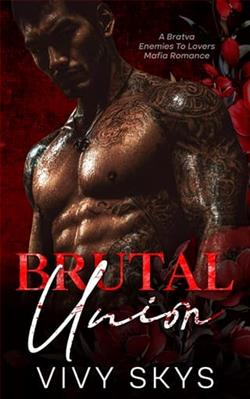Page 68 of All Scot and Bothered
“You mean for me to believe you’ve never had to ask for forgiveness?” Her voice behind him wasn’t mocking, exactly, but his discombobulation seemed to incite a gentle note of amusement. “You’ve never made a mistake?”
None he’d readily admitted to. “I didna say that,” he quipped, turning back to face her. “I tend to avoid people unless I’m functioning as the Lord Chief Justice, and then it matters not if I offend. Furthermore, I doona have the luxury of making mistakes, let alone subsequent apologies.”
She observed him with clinical precision for a moment before declaring with unwarranted sympathy, “You must be very lonely.”
He flinched as if he’d been struck. “Must I?”
“Are you not?”
He didn’t used to think so.
Loneliness was abandonment. Lonely was being forgotten. It was not hearing the voice of another human being for months. Years. Lonely was no one caring if you lived or died.
He’d been lonely before in his life.
What was he now?
One of only several men who’d ever held his position in the world. He’d be chronicled in history texts, and the laws he wrote would govern the whole of Britain. He spent days in the company of important and powerful figures. How could such a man as he possibly be lonely?
How could he feel so hollow and bleak?
“You were a soldier,” Cecelia ventured, saving him from having to answer her previous question. “You didn’t happen to work with cryptography, did you?”
He shook his head. “Soldiering for me was mostly tedious marches through unforgiving terrain interrupted by bouts of frenzied bloodshed.”
“How awful,” she murmured.
Much of it had been awful. But as a youth he’d been so angry, so impossibly fuming that he’d relished in the feral violence of it. The regimentation. The fact that he’d belonged somewhere. To something greater than himself. His name was posted on a list with a rank that told him his place and importance. Gave him goals, aspirations. Medals and honor.
“The military.” She held up a finger up with an unspokenaha. “Thatmust have been where you learned to see the worst in people.”
“Decidedly not,” he answered. “People are always more than ready to show ye their worst nature. They’re just begging for an excuse, it seems. For a rope to hang themselves with.”
“Not you.” She looked up at him with something like understanding. “And not I, despite what you may think.”
This time, it was Ramsay who looked away. “I fear, Miss Teague, ye’ve only seen the worst of me.”
She gave him a reprieve from her keen observation, bending down to retrieve an expensive leather-bound diary from her desk.
Ramsay took a careful step forward, aware of how small the room had become now that they both stood in it. How close she was. How easily she would become undraped. Undressed.
Undone.
He wasn’t lonely now. He felt hungry. Angry. Needy. Hot. His clothes seemed to scratch and bind. He was tired of talking. Tired of the questions she asked that revealed too much of him to her.
He was so. Fucking. Tired.
If only there was a soft place in which to lose himself.
His hand reached for her of its own volition. Suddenly she seemed like the answer to everything.
At the same time, she was one gigantic question mark.
“My aunt Henrietta left this for me upon her death.” Cecelia shoved the open book into the hand that had reached for her, interrupting… God knew what he’d just been about to do.
“It’s a codex of some kind,” she continued, unaware of his mood. “All her enemies, her nefarious deeds, and I dare think her ledgers and her secrets lie herein. Thus far I haven’t been able to make heads nor tails of it, though I have found this book on decryption of known ciphers. It seems she’s left me clues, somehow; I just need time to figure out what they are.”
Ramsay did his best to compose himself. To stem the tide of yearning and focus his garbled thoughts on the task at hand.










